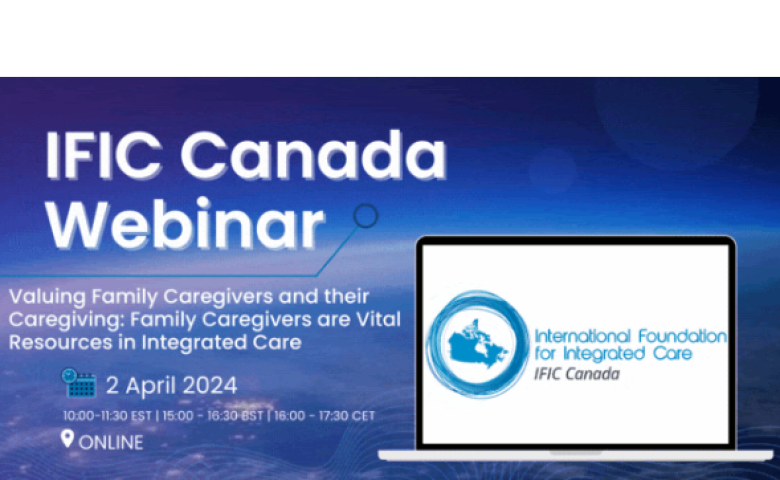Canada has prioritized facility-based funding—developing more long-term care beds rather than focusing on care in the community. In this National Caregiver Day webinar, we focus on the vital role of family caregivers and the supports caregivers and care-recipients need as a dyad.
Canada's population, aged 75 and older, is expected to double over the next 20 years, and most Canadians want to age in place. This will increase demands for family caregivers, home care, and integrated primary and community services. We do not have 10 years to make the changes that the system needs. Next year, the first baby boomers turn 75. If we persist with the status quo, the operating costs of continuing care will double by 2032. Innovative solutions are imperative in tackling this looming care crisis head-on.
Family caregivers, the largest care workforce, support the social connections, dignity, and well-being of Canadians of all ages who need care for illness, disabilities, or frailty. Family caregivers provide 5.7 billion hours of care, equivalent to 2.8 million full-time health care providers. In our fragmented, siloed health and social care systems, family caregivers are the de facto care coordinators responsible for finding, negotiating, and coordinating resources. 50% of caregivers now shoulder the medical and nursing duties traditionally handled by regulated health professionals. Family caregivers need support. A 2022 Statistics Canada population study reported that 44% of family caregivers are stressed and close to burnout.
